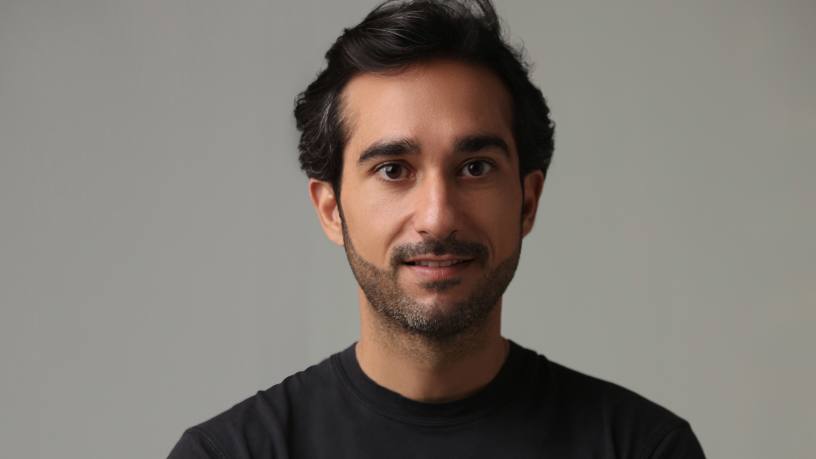This year is set to be a watershed year for open banking in the Middle East with the launch of open banking services in Saudi Arabia, hot on the heels of neighbouring Bahrain. Other jurisdictions are also set to issue open banking regulatory frameworks in the coming months.
Tarabut Gateway is one of the region’s most prominent open banking platforms. The company, based in Bahrain and the UAE, announced partnerships with four Saudi lenders in May and was selected as a platform partner for the Dubai International Financial Centre’s Open Finance Lab in June.
The Banker spoke with Tarabut Gateway’s CEO Abdulla Almoayed about the company’s regional expansion plans, what lessons regional banks can learn from open banking rollouts elsewhere and the benefits of banking as a service for traditional lenders.
Q: How does the implementation of open banking regulations in the Middle East thus far differ from elsewhere?
A: Aside from the specific consumer propositions, implementation in the region is happening much faster than it has elsewhere, as there are many learnings that have been adopted from other countries that have implemented such regulations. It’s happening in a way where the entire ecosystem is engaged.
The early stages of open banking product development are relatively similar across multiple jurisdictions, as companies focus on certain niches and put the customer experience at heart. For the Middle East, there’s a benefit to being a late adopter, as there are many learnings from elsewhere that you can bring to the table.
Q: Are there any case studies for the implementation of open banking that regional regulators and companies are following?
A: The UK’s rollout of open banking is one that’s been closely watched around the world, from the initial implementation of the EU Payment Services Directive (PSD)1 and PSD2, and then the driving and improving of application programming interface (API) standards.
That’s where most of the learnings are from and where the benchmarking is done against. There are things that happened in stage three of open banking in the UK that are happening in stage one in Saudi Arabia. We’re leapfrogging a generation when it comes to technology, moving straight to APIs versus having to start with the processes of PSD1, using screen scraping, reverse engineering and things like that.
Q: Open banking has created opportunities for a new generation of fintechs and digital players. What does it offer traditional banks?
A: From a bank’s perspective, customer experience is all about personalisation. In order to really achieve that, you need to put data at the heart of everything you build. And in order for you to fully capitalise on that data, it’s all about building partnerships to be able to leverage different capabilities, as well as being able to refine the products and services that you’re looking to provide.
From a bank’s perspective, customer experience is all about personalisation. In order to really achieve that, you need to put data at the heart of everything you build
There have been several banks elsewhere that initially approached open banking as largely a compliance exercise, but this then evolved into an opportunity to build compelling use cases. Banks in the Middle East have been able to do benchmarking exercises and learn from what other banks have achieved, so I think they’re going to be able to begin capitalising on the opportunities offered by open banking much earlier, rather than just seeing it as a straight compliance exercise.
The service propositions will vary, but the spectrum in which banks can now create products, leveraging the available data that is out there, becomes much wider and the room for innovation becomes much, much wider.
Q: Which banks have been particularly successful at offering these new service propositions internationally?
A: Digital banks in the UK, such as Monzo, Revolut, N26 and Starling, have been doing an amazing job by creating new products with features that are super-customised. But open banking has also enabled legacy banks to create features and services that are more associated with the newer digital players, because they’re running an open architecture that allows them to build partnerships.
That’s what we’re seeing in the Middle East. The banks have an opportunity to start comparing or competing with digital banks by creating amazing new products and features built on open banking.
Q: Established banks are increasingly talking about repositioning themselves as platforms. How genuine a shift is this?
A: Back in the day, banks were closed shops that wanted to build things on a proprietary basis. The modern mindset, however, is all about banking-as-a-service (BaaS), opening up their infrastructure and looking at things through a complementary, rather than a competitive, lens.
BaaS is democratising how banks’ services are consumed by third parties. But open banking becomes more interesting if you look at what a bank can build by leveraging the capabilities of third parties for services such as automated credit scoring and risk profiling. You’re starting to see a lot of banks partnering with open banking platforms like ourselves, creating applications and new features internally, as opposed to just letting third parties purely capitalise on the infrastructure they have. Banks are saying, ‘I have the customer base; I have the customer engagement. Why don’t I bring the services and embed them into my existing application instead’?
Q: In addition to your partnerships in Saudi Arabia, you recently secured a licence from the Dubai Financial Service Authority in the UAE. What other markets are you looking at?
A: At the moment we’re focused on our core markets of Bahrain, the UAE and Saudi Arabia. We have some exciting partnerships in the UAE that we’ll be announcing soon. The UAE is arguably the most mature fintech centre in the Middle East and there’s a lot of exciting activity there. Oman has also recently announced open banking regulations; and we’re in talks in a few countries in north Africa.













